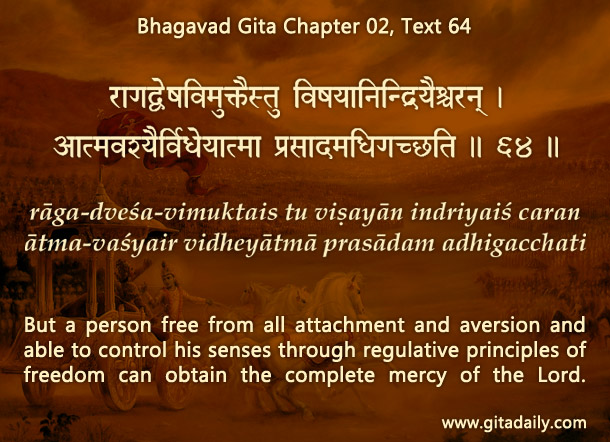Most reputed authors make a rule to write daily a certain minimum number of words, irrespective of how they feel or even how the words come out.
Why do they adopt such rules? Because rules free them from the moodiness of their minds. Even when they are excellent authors, implying that they are adept at words, still they are subject to the mind’s fluctuations, which in literary lingo is sometimes called writer’s block. To protect their writing from oscillating with their mind’s fluctuations, they adhere to certain rules.
Such voluntary adoption of rules by creative people refutes the prevailing negative stereotype that rules choke us and prevent us from being ourselves. This stereotype overlooks that we have two selves within us: the higher self and the lower self. The higher self is our buried spiritual essence that expresses itself in our nobler aspirations and wiser actions. The lower self is our material conditioning, primarily our mind. It expresses itself in our myopic cravings and impulsive actions. At any particular time, the self that is stronger expresses itself from within us.
Our higher self may be lofty – we may have great talents, brilliant insights and admirable values. Still, we are always vulnerable to ambush by the lower self. Without the protective structure of intelligently designed rules, our higher self won’t get adequate chance for expression. Though we may believe that we are free, we will end up giving free expression to our lower self. Consequently, we will at best underuse our potential and at worst do regrettable things.
The Bhagavad-gita (02.64) states that those who follow scriptural rules attain mercy and purity, which signifies that they go beyond the impure lower self. Thus, rules free our higher self from our lower self. That is, they free us to become the best we can be.
To know more about this verse, please click on the image
Explanation of article:
Podcast:


Man must be bound by rules to go on
Extremely fundamental. Helps me deal with my defective & addicted senses, body, mind and. intelligence much better than before. Thank you sir for your DIVINE insights. Hare Krsna 🙏🙏
Happy to be of service in sharing Krishna’s message.